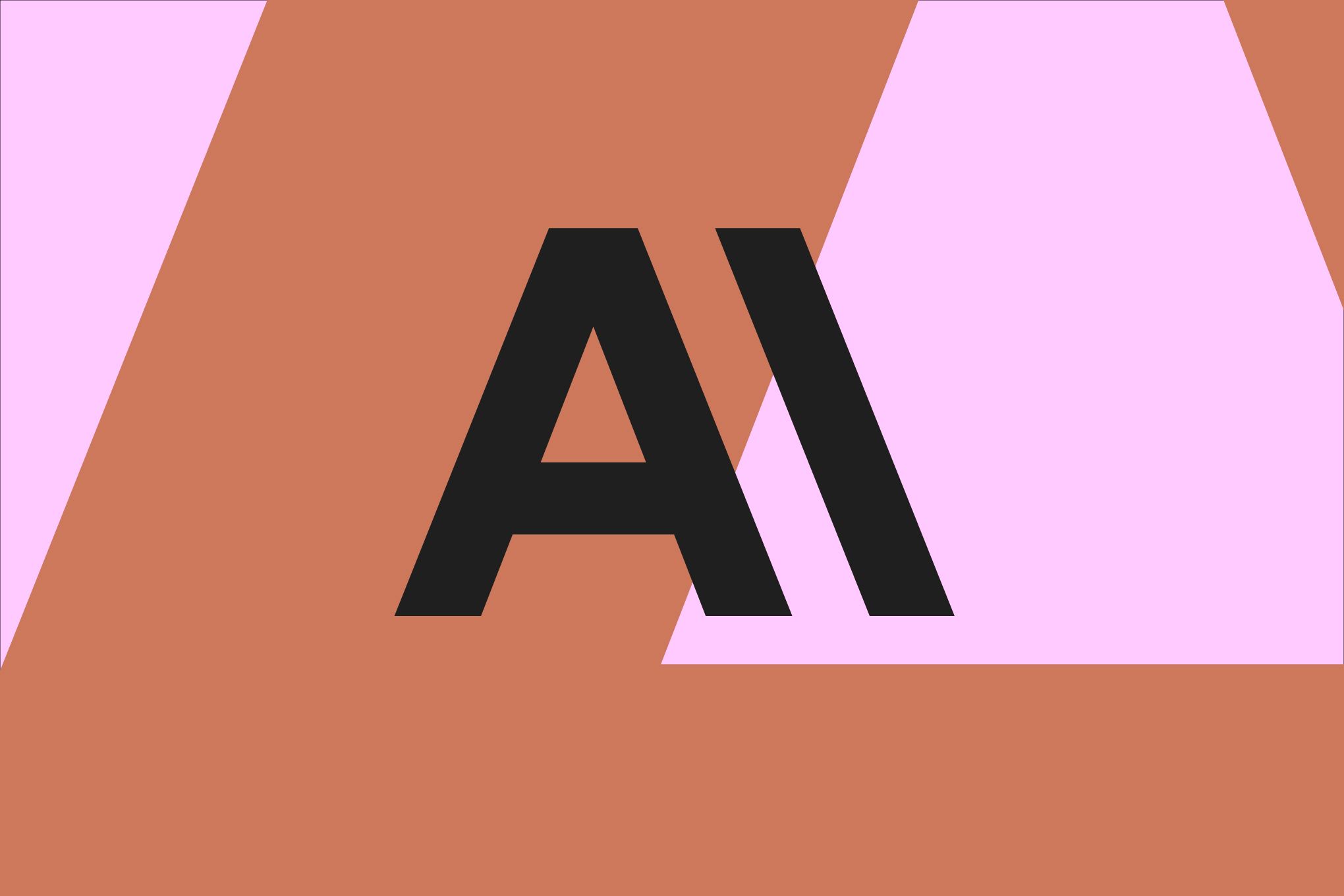TL;DR:
• Anthropic now explicitly bans CBRN weapons development with Claude AI
• New cybersecurity rules prohibit malware creation and vulnerability exploitation
• Policy changes follow AI Safety Level 3 protections introduced in May
• Political content restrictions loosened while high-risk use cases clarified
Anthropic just tightened the screws on Claude AI safety in a major way, explicitly banning users from developing biological, nuclear, chemical, and radiological weapons with its chatbot. The updated usage policy also introduces sweeping new cybersecurity restrictions as the company grapples with the escalating risks of increasingly powerful AI tools that can now control computers and write code autonomously.
Anthropic just dropped a bombshell policy update that reveals how seriously the AI safety landscape has shifted. The company quietly expanded Claude's usage restrictions to explicitly prohibit development of biological, nuclear, chemical, and radiological (CBRN) weapons – a stark escalation from its previous generic ban on "weapons and explosives."
The timing isn't coincidental. As reported in The Verge's analysis, Anthropic buried these critical weapons policy changes in a routine policy update announcement, only revealing the full scope when comparing the archived old policy with the new restrictions. The company's previous language prohibited using Claude to "produce, modify, design, market, or distribute weapons, explosives, dangerous materials," but the updated version gets uncomfortably specific about high-yield explosives and CBRN weapons.
This policy overhaul comes on the heels of Anthropic's May implementation of "AI Safety Level 3" protections alongside Claude Opus 4's launch. Those safeguards specifically target jailbreaking attempts and CBRN weapon assistance – suggesting Anthropic has been tracking concerning usage patterns that prompted these defensive measures.
But weapons aren't the only concern driving these changes. Anthropic is now confronting the dark side of its most ambitious features: Computer Use, which lets Claude control users' computers directly, and Claude Code, which embeds the AI into developers' terminals. "These powerful capabilities introduce new risks, including potential for scaled abuse, malware creation, and cyber attacks," the company admits in its policy update.












